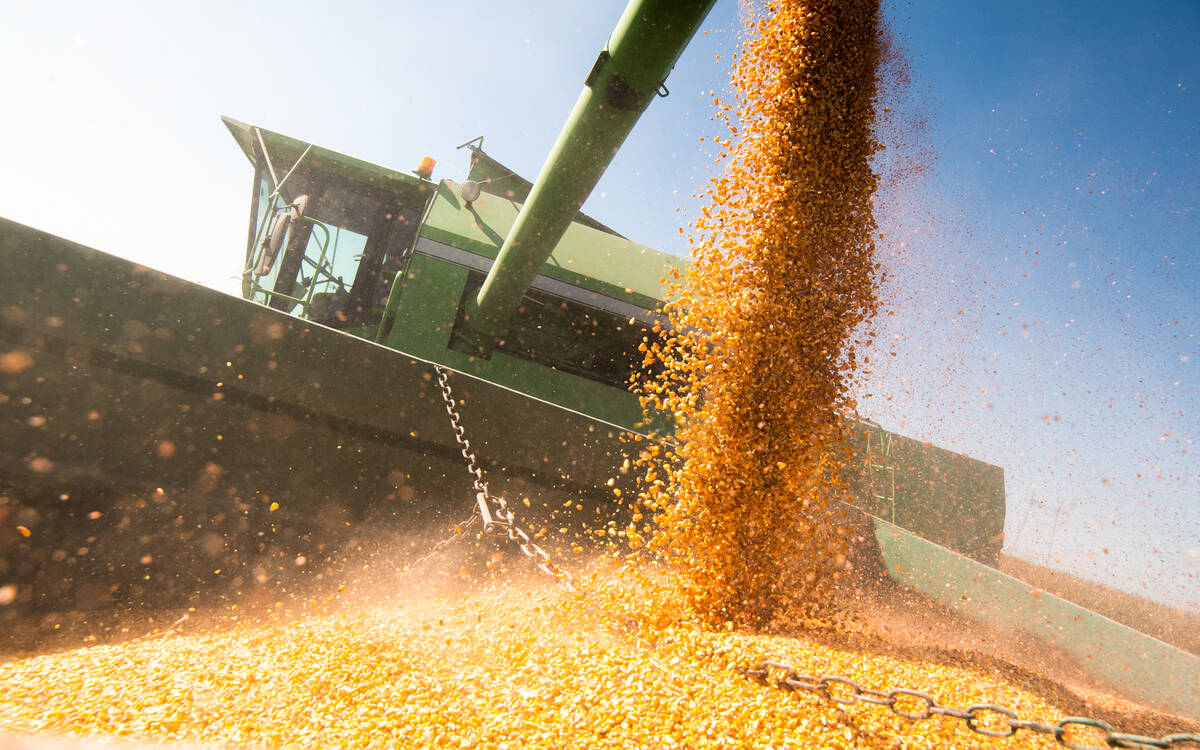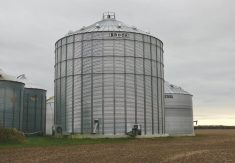Glacier FarmMedia | MarketsFarm – Canola futures on the Intercontinental Exchange, already dealt a blow by incoming tariffs from United States President Donald Trump, were given another on March 7 when China announced it was putting a 100 per cent tariff on Canadian canola oil and meal imports.
The move was made in retaliation to Canada placing tariffs on Chinese-made electric vehicles as well as steel and aluminum from the country in 2024. China also said last year it was starting an anti-dumping investigation into Canadian canola imports.
Since closing at C$645 per tonne on March 7, the May canola contract fell by C$71.70 in only three trading days. David Derwin, a Winnipeg-based investment advisor for Ventum Financial Corp., said the sentiment in the market is totally risk-off.
Read Also

Feed Grain Weekly: Corn affecting barley prices in Lethbridge
Corn imports entering Lethbridge have lowered prices for feed barley compared to those in Edmonton.
“There’s no bids and there’s the uncertainty of the tariffs. There’s no commercial (buyer) that wants to or can do anything right now,” Derwin added.
He mentioned there could be the possibility of bargain-buying eventually, but now is not the time.
“If you’re a commercial (buyer), an exporter or a crusher with (nowhere) to send (canola) to, and you don’t know your cost and you don’t know your price, what can you do?”
China putting tariffs on canola oil and meal, but not canola seed, raised the possibility that the country would be willing to re-evaluate them. However, Derwin said it is unlikely. For canola prices to stem the tide despite the new levies, he said Canada’s canola trade partners have to change.
“The funds are still long. So we have to flush them out … But right now, it’s all about tariffs. It’s all about risk-off (sentiment) and you’ve got to go low enough for bargain prices.”
Statistics Canada released its principal field crop estimates on March 12, showing a projected 1.7 per cent yearly decline in canola acres at 21.646 million. However, the data was collected before tariffs were put in place.
“I think they’ll be down a touch more,” Derwin said. “Farmers for the most part will try to stick to the rotation they have going.”
When asked if there will be a rebound in canola prices when tariffs are lifted, he was resolute in his response.
“Absolutely.”
















